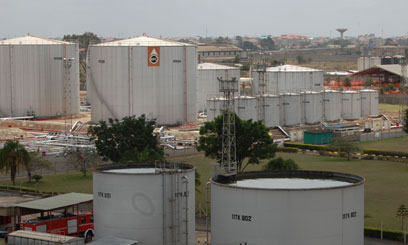Kenya’s privatization drive has taken a slower turn following the government’s decision to push back the Kenya Pipeline Company (KPC) initial public offering (IPO) deadline to March 2026. The extension reflects both the ambition and the complexity of listing one of the country’s largest state corporations, at a time when investor confidence in the Nairobi Securities Exchange (NSE) remains fragile.
The KPC IPO has long been viewed as a flagship transaction under President William Ruto’s plan to open up government-owned enterprises to private ownership and capital market participation. Initially expected by September 2025, the revised deadline allows the state and the Privatization Commission to complete critical groundwork, including company valuation, risk assessment, and the appointment of transaction advisors, all of which are essential before the firm can go public.
The delay, however, also signals the practical challenges of bringing a strategic parastatal to market. KPC plays a central role in Kenya’s fuel supply chain, and its financials are tied to multiple liabilities and contingent risks. Ongoing compensation claims, project-related disputes, and asset valuation issues could complicate the listing process and potentially affect investor appetite. Addressing these matters transparently will be key to building credibility among both local and foreign investors.
Beyond the operational hurdles, this development highlights the broader slow pace of privatization in Kenya. The country has not seen a major IPO since 2015, and the last large-scale government listing was the Safaricom IPO in 2008. Reviving the IPO market will require more than just listing parastatals, it will demand restoring confidence in capital markets, ensuring regulatory clarity, and creating a predictable policy environment for investors.
That said, the eventual listing of KPC could still mark a turning point. If executed successfully, it would not only attract capital inflows but also set a precedent for other state-owned enterprises, including those in energy and infrastructure, that may be slated for partial privatization. Moreover, it would give Kenyan retail investors a chance to own a stake in one of the country’s most critical logistics assets, a symbolic step toward democratizing national wealth.
In essence, while the extension to 2026 may appear as a delay, it also offers an opportunity. It gives the government time to strengthen corporate governance at KPC, clean up its balance sheet, and ensure that the listing, when it happens, stands as a credible milestone in Kenya’s journey toward a more open, investment-driven economy.

















